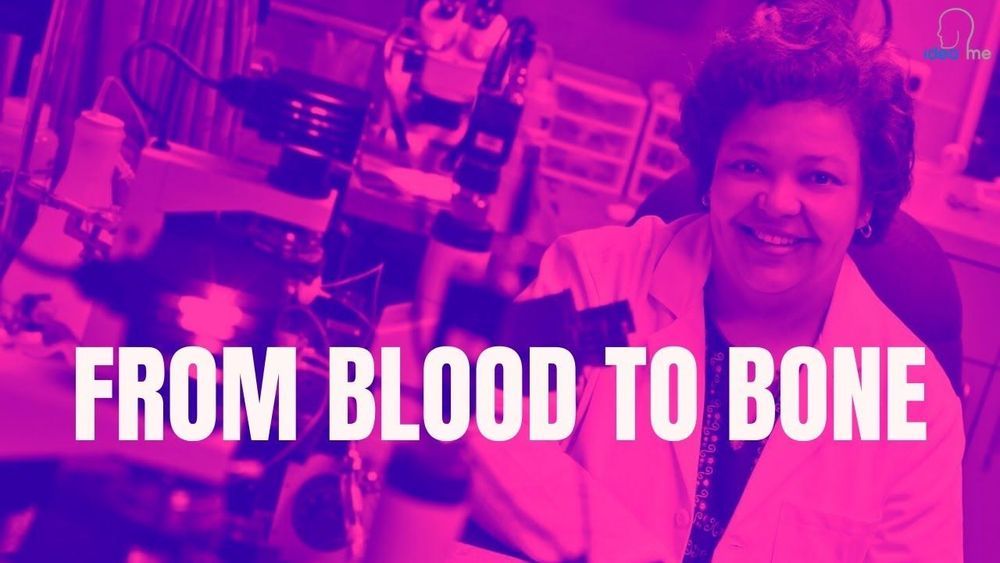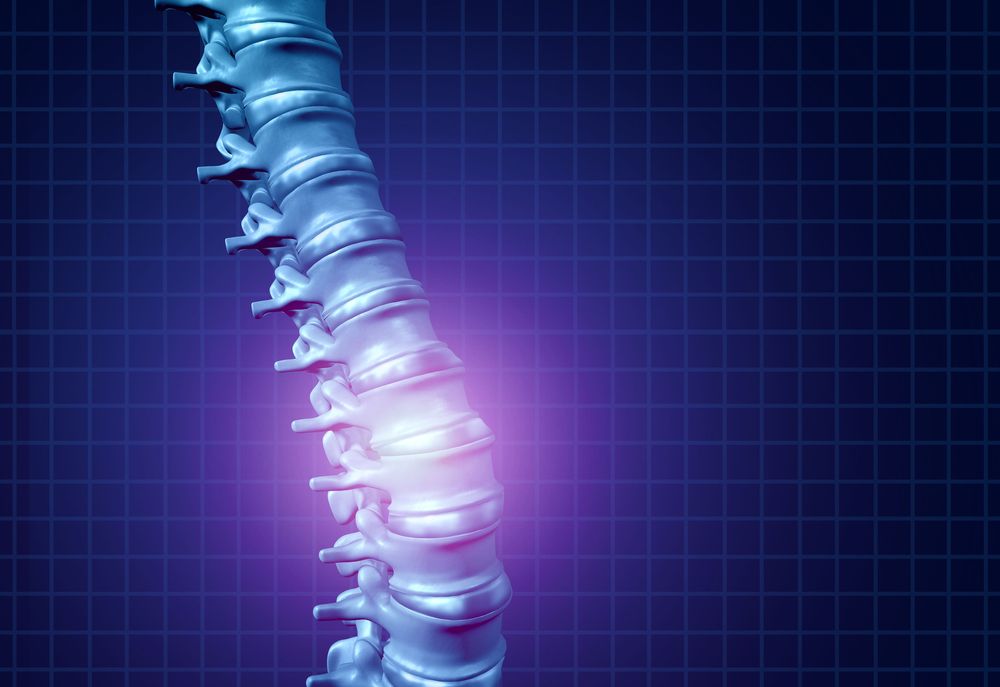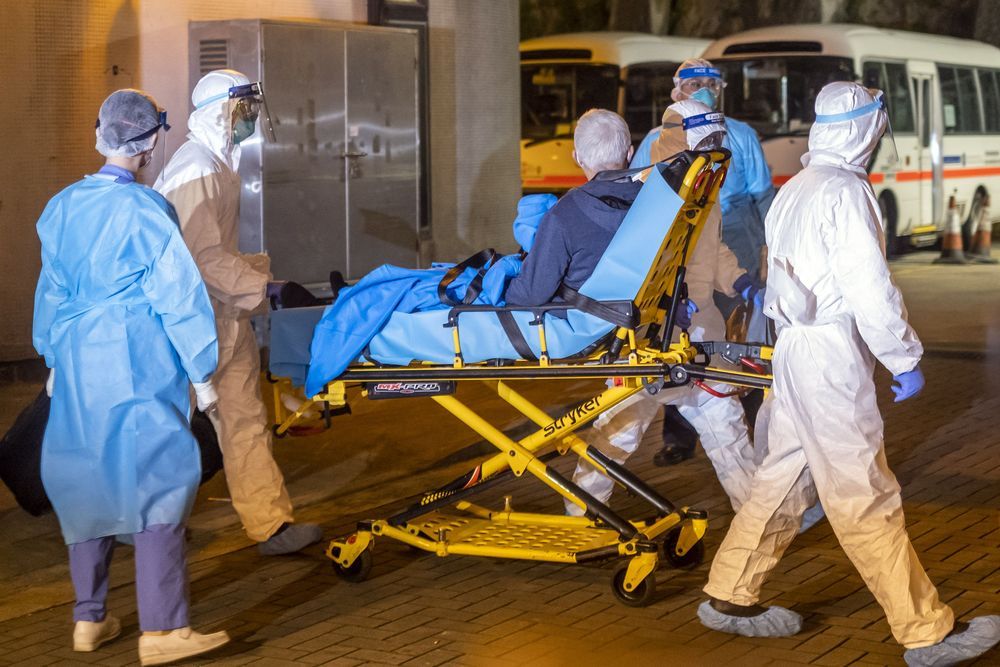Archive for the ‘biotech/medical’ category: Page 1864
Jan 31, 2020
AI-created drug to be used on humans for first time
Posted by Quinn Sena in categories: biotech/medical, robotics/AI
A British start-up has developed a new drug much more quickly than traditional methods by using AI.
Jan 31, 2020
Dr Rhonda Prisby: From blood to bone and the connections between cardiovascular and skeletal systems
Posted by Eithen Pasta in categories: biotech/medical, life extension

From Blood to Bone (and back)! — Dr. Rhonda Prisby, from University of Texas at Arlington, joins me on ideaXme (http://radioideaxme.com/) to discuss her fascinating research in the Bone Vascular and Micro-Circulation Laboratory, focusing on the unique interaction between vascular and skeletal systems, and novel disease states where vessels become bone-like “dead space”! — https://www.youtube.com/watch?v=PsK-pPjW020&t=1s #Ideaxme #Bone #Microcirculation #Vasculature #Ossification #Atherosclerosis #Parathyroid #Osteoblast #Osteoclast #Health #Wellness #Regeneration #Longevity #Aging #IraPastor #Bioquark #Regenerage
Ira Pastor, ideaXme exponential health ambassador, interviews Dr. Rhonda Prisby, Associate Professor in the Department of Kinesiology, at The University of Texas at Arlington.
Jan 31, 2020
Can Herbal Medicines Fight Wuhan Coronavirus?
Posted by Omuterema Akhahenda in category: biotech/medical
Research over the past two decades shows that certain herbal medicines can fight the new Wuhan coronavirus contagion. Let’s review the evidence showing that certain plant medicines can fight similar viral infections such as SARS, MERS and Ebola, and why this can also apply to the Wuhan coronavirus
Let’s review some of the current science on this coronavirus infection. Then we can discuss what plant medicines can offer.
Latest on the Wuhan coronavirus.
Jan 30, 2020
Spinal injury researchers find a sweet spot for stem cell injections
Posted by Genevieve Klien in categories: biotech/medical, neuroscience
As they do in many areas of medicine, stem cells hold great potential in treating injured spinal cords, but getting them where they need to go is a delicate undertaking. Scientists at the University of California San Diego (UCSD) are now reporting a breakthrough in this area, demonstrating a new injection technique in mice they say can deliver far larger doses of stem cells and avoid some of the dangers of current approaches.
The research focuses on the use of a type of stem cell known as a neural precursor cell, which can differentiate into different types of neural cells and hold great potential in repairing damaged spines. Currently, these are directly injected into the primary cord of nerve fibers called the spinal parenchyma.
“As such, there is an inherent risk of (further) spinal tissue injury or intraparechymal bleeding,” says Martin Marsala, professor in the Department of Anesthesiology at UCSD School of Medicine.
Jan 30, 2020
Consideration by the United Nations of a Declaration on Human Cloning for Therapeutic Reasons
Posted by Paul Battista in categories: biotech/medical, law
Progress must not be held back by the fearful and ignorant. Progress will be made with or without permission. New and useful technology will emerge to help humanity despite those that cannot understand how they might benefit. This is happening and will continue to happen as it has behind closed doors and in secret but it can be different. It can be well regulated, it can be well informed, and results can be more readily available for the purpose of doing great things by voting YES to Human Cloning for Therapeutic Reasons and showing support for Science.
We, the undersigned, urge the United Nations to establish a timetable for a declaration on human cloning for therapeutic reasons. As you are aware, the General Assembly of the United Nations adopted Resolution 59/280, containing the UN Declaration on Human Cloning, on 8 March 2005, by a recorded vote of 84 to 34, with 37 abstentions. The Declaration culminated an effort that had commenced in 2001 with a proposal by France and Germany for a convention against reproductive cloning of human beings. For three-and-a-half years a major confrontation took place at the United Nations between those states favouring a narrow ban limited to cloning for reproductive purposes, and those insisting on prohibiting all forms of human cloning, including for ‘therapeutic’ purposes.
Not only was the Declaration adopted by a vote, it was carried only by a plurality (84 states), not even a majority, of states members of the United Nations. Moreover, the text of the Declaration is ambiguous in terms of calling upon states both to adopt all necessary measures to protect adequately human life in the application of life sciences and to prohibit all forms of human cloning inasmuch as they are incompatible with human dignity and the protection of human life.
Jan 30, 2020
WHO declares China coronavirus that’s killed 171 a global health emergency
Posted by Mike Diverde in categories: biotech/medical, finance, health
The World Health Organization said the fast-spreading coronavirus that’s infected more than 8,200 people across the world is a global health emergency — a rare designation that helps the international agency mobilize financial and political support to contain the outbreak.
The announcement comes just hours after the U.S. confirmed its first human-to-human transmission of the virus, which has killed at least 171 people in China and has now spread to at least 18 other countries.
Since emerging less than a month ago in Wuhan, China, the coronavirus has infected more people than the 2003 SARS epidemic, which sickened roughly 8,100 people across the globe over nine months. As of Thursday, there are at least eight cases in four countries, outside of China, of human-to-human transmission of the new coronavirus.
Jan 30, 2020
Fish that can repair their OWN HEART: Scientists discover how
Posted by Paul Battista in category: biotech/medical
Scientists are one step closer to understanding how fish can repair their own heart, offering clues for treatment in millions of heart attack patients.
Zebrafish, a Mexican fish, are often the focus of scientific research because they are known to remarkably regenerate their own heart tissue.
University of Oxford scientists were ‘surprised’ to find that immune cells, called macrophages, were involved in the process.
Jan 30, 2020
A Nanoparticle Trojan Horse Approach to Atherosclerosis
Posted by Paul Battista in categories: biotech/medical, nanotechnology
Researchers from Stanford University and Michigan State University have teamed up to create a nanoparticle that can eat away at the arterial plaques that lead to strokes and heart attacks in a mouse model of atherosclerosis.
The team has created a nanoparticle that acts like a Trojan horse, targeting atherosclerotic plaque to reduce its amount and prevent it from getting out of control. A considerable amount of plaque material consists of dead and dying macrophages, a type of immune cell, which have become trapped and overwhelmed while trying to remove debris and fatty deposits. As these cells die, they attract more macrophages which arrive to try to clear up the waste; they too become trapped, and this is the foundation of atherosclerotic plaque.
The new study demonstrates how the nanoparticle is able to locate the plaque while showing high selectivity for macrophages [1]. Once it has located its target, the nanoparticle enters the macrophages within the plaque and delivers a drug payload to the cells, encouraging the macrophages to engulf and consume cellular debris. Essentially, this means that the macrophages eat the dead and dying cells within the plaque and thus reduce its overall size.
Jan 30, 2020
CDC confirms first human-to-human transmission of coronavirus in US
Posted by Genevieve Klien in categories: biotech/medical, health
“This is a very serious public health situation,” said Dr. Nancy Messonnier, director of the National Center for Immunization and Respiratory Diseases. “Moving forward, we can expect to see more cases, and more cases means more potential for person-to-person spread.”
The virus, which emerged Dec. 31, has already spread to more people than the 2003 SARS epidemic, which sickened roughly 8,100 people across the globe over nine months. The transmission makes the U.S. at least the fifth country where the infection is now spreading through human-to-human contact, including China. Officials of the Centers for Disease Control and Prevention said there are at least nine cases of human-to-human transmission outside of China, as of Thursday.
As of Thursday afternoon, 8,137 cases were confirmed in mainland China alone, according to Chinese state media, and more than 100 cases were confirmed elsewhere around the world — bringing the global total to at least 8,248.
















